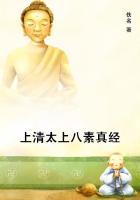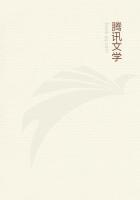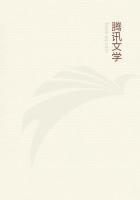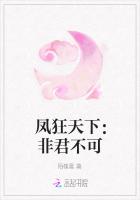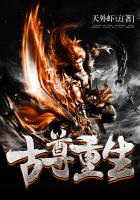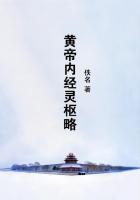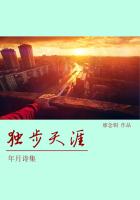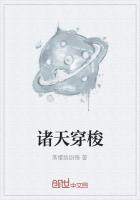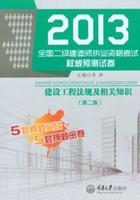Add to these a third plain fact, that Italy was the mother-country of the drama, where it had thriven with wonderful fertility ever since the beginning of the sixteenth century. However much truth there may be in the common assertion that the old 'miracle plays' and 'mysteries' were the parents of the English drama (as they certainly were of the Spanish and the Italian), we have yet to learn how much our stage owed, from its first rise under Elizabeth, to direct importations from Italy. This is merely thrown out as a suggestion; to establish the fact would require a wide acquaintance with the early Italian drama; meanwhile, let two patent facts have their due weight. The names of the characters in most of our early regular comedies are Italian; so are the scenes; and so, one hopes, are the manners, at least they profess to be so. Next, the plots of many of the dramas are notoriously taken from the Italian novelists; and if Shakspeare (who had a truly divine instinct for finding honey where others found poison) went to Cinthio for 'Othello' and 'Measure for Measure,' to Bandello for 'Romeo and Juliet,' and to Boccaccio for 'Cymbeline,' there were plenty of other playwrights who would go to the same sources for worse matter, or at least catch from these profligate writers somewhat of their Italian morality, which exalts *****ery into a virtue, seduction into a science, and revenge into a duty; which revels in the horrible as freely as any French novelist of the romantic school; and whose only value is its pitiless exposure of the profligacy of the Romish priesthood: if an exposure can be valuable which makes a mock equally of things truly and falsely sacred, and leaves on the reader's mind the fear that the writer saw nothing in heaven or earth worthy of belief, respect, or self- sacrifice, save personal enjoyment.
Now this is the morality of the Italian novelists; and to judge from their vivid sketches (which, they do not scruple to assert, were drawn from life, and for which they give names, places, and all details which might amuse the noble gentlemen and ladies to whom these stories are dedicated), this had been the morality of Italy for some centuries past. This, also, is the general morality of the English stage in the seventeenth century. Can we wonder that thinking men should have seen a connection between Italy and the stage? Certainly the playwrights put themselves between the horns of an ugly dilemma. Either the vices which they depicted were those of general English society, and of themselves also (for they lived in the very heart of town and court foppery); or else they were the vices of a foreign country, with which the English were comparatively unacquainted. In the first case, we can only say that the Stuart age in England was one which deserved purgation of the most terrible kind, and to get rid of which the severest and most abnormal measures would have been not only justifiable, but, to judge by the experience of all history, necessary; for extraordinary diseases never have been, and never will be, eradicated save by extraordinary medicines.
In the second case, the playwrights were wantonly defiling the minds of the people, and, instead of 'holding up a mirror to vice,' instructing frail virtue in vices which she had not learned, and fully justifying old Prynne's indignant complaint -'The acting of foreign, obsolete, and long since forgotten villanies on the stage, is so far from working a detestation of them in the spectators' minds (who, perchance, were utterly ignorant of them, till they were acquainted with them at the play-house, and so needed no dehortation from them), that it often excites dangerous dunghill spirits, who have nothing in them for to make them eminent, to reduce them into practice, of purpose to perpetuate their spurious ill- serving memories to posterity, leastwise in some tragic interlude.'
That Prynne spoke herein nought but sober sense, our own police reports will sufficiently prove. It is notorious that the representation in our own days of 'Tom and Jerry' and of 'Jack Sheppard' did excite dozens of young lads to imitate the heroes of those dramas; and such must have been the effect of similar and worse representations in the Stuart age. No rational man will need the authority of Bishop Babington, Doctor Leighton, Archbishop Parker, Purchas, Sparkes, Reynolds, White, or any one else, Churchman or Puritan, prelate or 'penitent reclaimed play-poet,' like Stephen Gosson, to convince him that, as they assert, citizens' wives (who are generally represented as the proper subjects for seduction)
'have, even on their deathbeds, with tears confessed that they have received, at these spectacles, such evil infections as have turned their minds from chaste cogitations, and made them, of honest women, light huswives; . . . have brought their husbands into contempt, their children into question, . . . and their souls into the assault of a dangerous state;' or that 'The devices of carrying and re- carrying letters by laundresses, practising with pedlars to transport their tokens by colourable means to sell their merchandise, and other kinds of policies to beguile fathers of their children, husbands of their wives, guardians of their wards, and masters of their servants, were aptly taught in these schools of abuse.'

